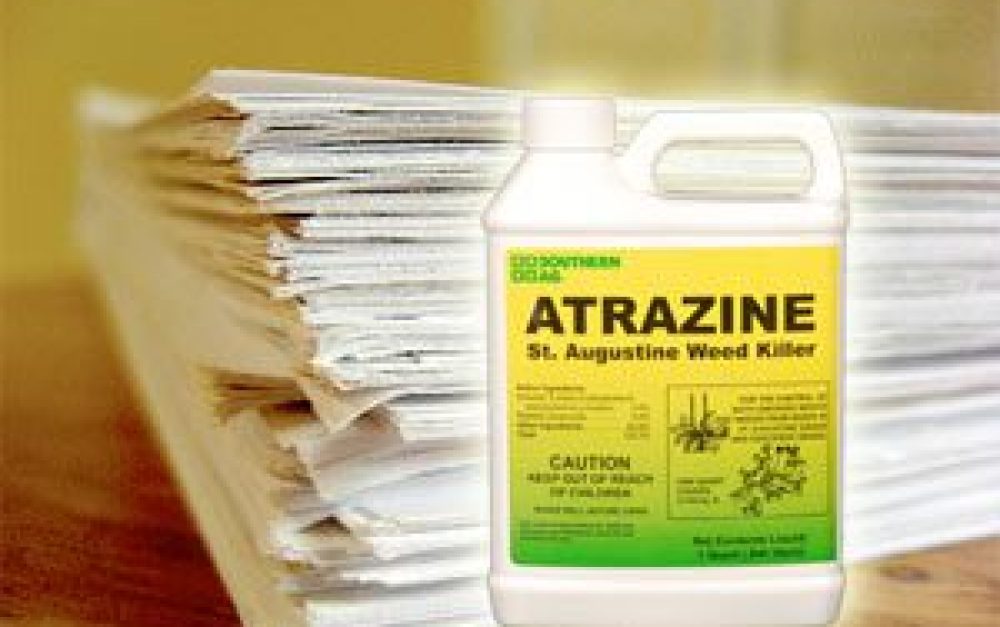As the federal scientific review of the safety of atrazine wraps up, PAN continues to push for common-sense process: keep it transparent, and don't let industry influence undermine the fair use of science in government decisions. Are we worried? Unfortunately, yes. A recent look at the docket reveals a controversial, Syngenta-funded study.
The study, which was released in the weeks leading up to this final review, claims that there is no correlation between breast cancer and atrazine exposure. The corresponding author, Charles Breckenridge, is a Syngenta employee, and Syngenta funding relationships are evident in the review team. “Not surprisingly, studies submitted to reviewers by Syngenta-sponsored science give the company’s flagship herbicide a clean bill of health,” commented Kathryn Gilje, Co-Director of Pesticide Action Network. “From the beginning, we urged EPA’s reviewers to focus on independent science, and follow where it leads.”
Syngenta, the world's largest pesticide corporation, is the primary manufacturer of atrazine. Syngenta is the target of a lawsuit brought by Midwest water districts and has a record of undermining scientific integrity of research related to atrazine. With 94% of U.S. drinking water testing positive for atrazine in 2008, there's a lot at stake when it comes to our health and the legacy we leave our children.
4 simple steps to a fair review
Throughout the review process PAN has joined Midwest farmers in making the following, common-sense demands:
- Transparent, democratic process. The process should be 100% transparent. That means no closed-door meetings of any kind, especially with industry representatives, and summaries of all interactions between EPA and stakeholders on this topic should be included in the official record and made publicly available.
- Discount Syngenta-funded studies.Studies funded by Syngenta should be discounted in the review process. The studies they have submitted in the past have been deeply flawed and have hampered good decision-making. Publicly-funded and peer-reviewed science should be given primary consideration.
- No secret science. All scientific studies supporting the continued registration of atrazine should be made available for public scrutiny, or be removed from consideration. Syngenta and other atrazine registrants should not be permitted to hide critical data from independent scientific examination by claiming "confidential business information."
- Take swift action. EPA should take swift action based on the science. If the science shows that atrazine threatens human health or the environment, EPA should take swift and clear action to protect farmers, workers, rural communities and the environment.
“Several scientific studies have found a link between long-term exposure to atrazine and breast cancer,” notes Physicians for Social Responsibility in a letter submitted to EPA’s docket for the review, citing independent research from Kentucky, the UK and multiple laboratory studies.
More than 150 studies on the health and environmental effects of atrazine have been completed since EPA’s last review, including strong evidence linking low-level exposure to human birth defects, infertility and several types of cancer. These are the science on the basis of which this re-evaluation of atrazine was deemed necessary.
“Studies have shown that babies conceived during the spring when levels of pesticides including atrazine are highest are more likely to develop birth defects, including spina bifida, Down syndrome and cleft palate,” the letter continues. PSR also highlights scientific findings on infertility, cancer and atrazine’s impacts on frogs and fish.
The review is done, and the science now sits with EPA. Syngenta, for its part, needs to keep its paws off the science, and let this be a fair review.







